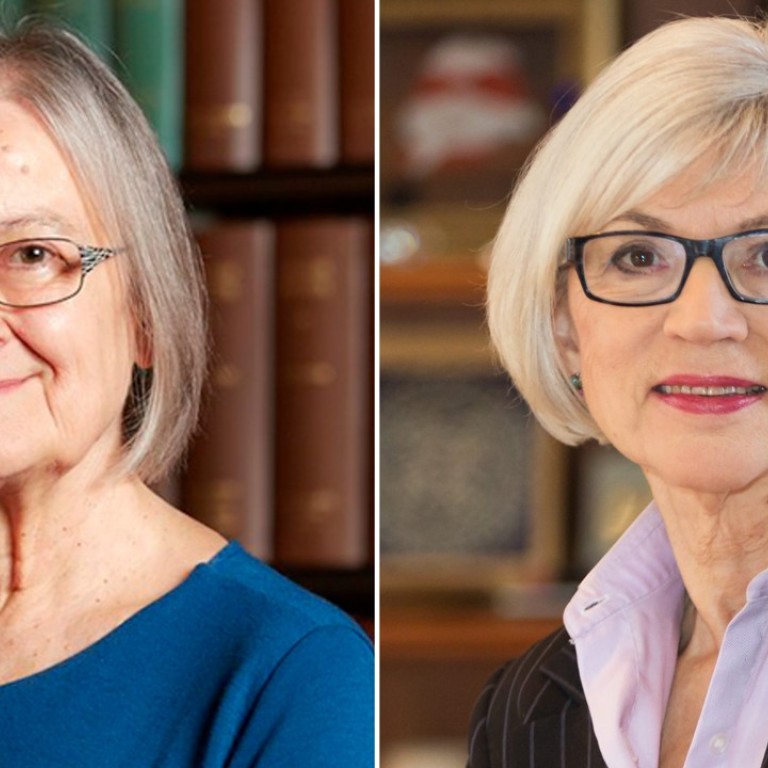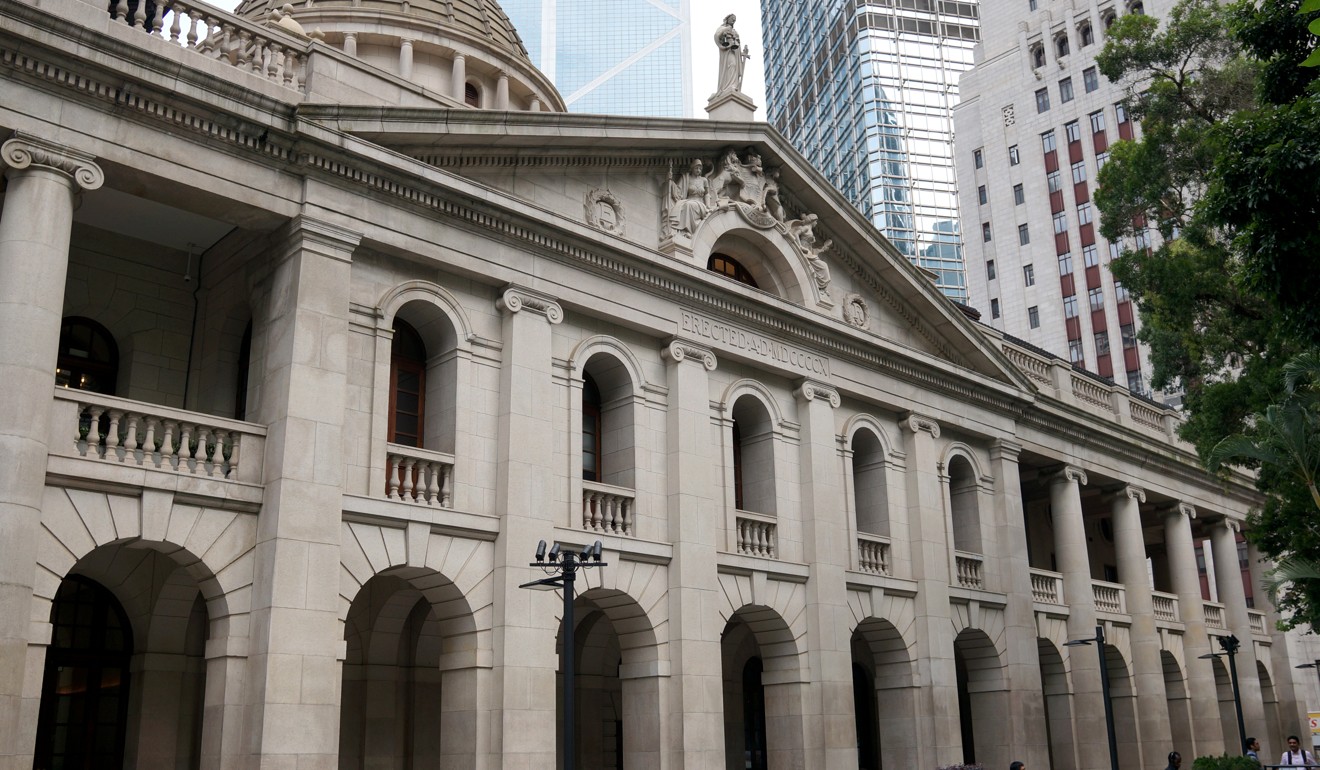
Pro-Beijing lawmakers voice concerns over foreign judges' support for gay rights
But members of the camp stopped short of pledging to block the appointments of Brenda Hale and Beverley McLachlin
Pro-establishment lawmakers on Friday spoke out against the appointment of two leading foreign judges to Hong Kong’s top court over their support of same-sex rights but stopped short of pledging to block their appointments.
To date, Legco has never rejected the appointment of either local or foreign judges, with the voting process widely seen as a rubber stamping of recommendations offered by the administration and the Judicial Officers Recommendation Commission – an independent committee comprising the city’s chief justice, the justice minister and representatives from the legal sector.

But during the meeting on Friday, members of the pro-establishment camp voiced reservations over Hale and McLachlin’s “subjective views” on same-sex equality, saying they were echoing concerns expressed by members of the public.
The Canadian parliament legalised same sex-marriage in 2005 with Britain doing so in 2013. McLachlin ruled in 2004 that the Canadian parliament was authorised to pass same-sex marriage laws. Hale has ruled in high-profile discrimination cases arising from same-sex discrimination in Britain.
We definitely will not block them
Despite the concerns from his camp, lawmaker Holden Chow Ho-ding of the Democratic Alliance for the Betterment and Progress of Hong Kong stressed that he and his party welcomed and supported the appointments.
“We definitely will not block them,” he said. “The two non-permanent judges are both legal heavyweights who will help our legal system.”
Liberal Party lawmaker Shiu Ka-fai added he had not decided how he would vote, but noted lawmakers needed to be careful about their comments affecting the prospects of two local judges, Andrew Cheung Kui-nung and Robert Tang Kwok-ching, also up for appointment to the highest court.
Pro-Beijing lawmaker Junius Ho Kwan-yiu, the only Legco member on Friday to vote against Hale and McLachlin, claimed the two opposed traditional “family values”.
Yet he said blocking the appointments never crossed his mind and conceded their nominations “were not tantamount to legalising same-sex marriage”.
“Both are also leading judges.”
Tony Blair’s brother serves as judge at Hong Kong High Court
Amid the public consternation, members of the city’s judiciary and government as well as opposition lawmakers have warned against politicising the appointments.
Emma Lau Yin-wah, secretary of the Judicial Officers Recommendation Commission, said it would be “inappropriate” to hold a person’s background or political beliefs against him or her.
“When a foreign judge sits on the Court of Final Appeal, he or she hears the cases as a Hong Kong judge, according to Hong Kong law,” Lau added.
Macau proposal to ban foreign judges on some cases would ‘dent confidence’ in Hong Kong, says legal expert
Democratic Party lawmaker James To Kun-sun said even Beijing had acknowledged the importance of judicial independence. He believed this was why the commission was in charge of recommending judges that the chief executive would then appoint.
To noted that even if the foreign non-permanent judges were appointed, they would be only one among five presiding judges at a typical full sitting of the court.

